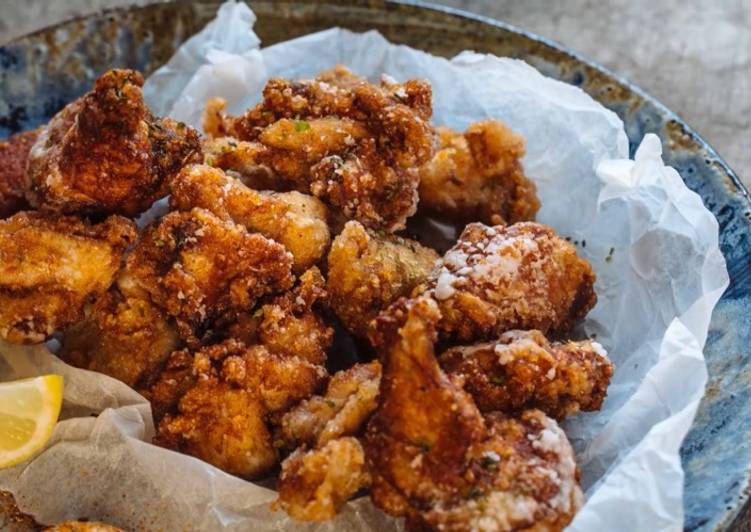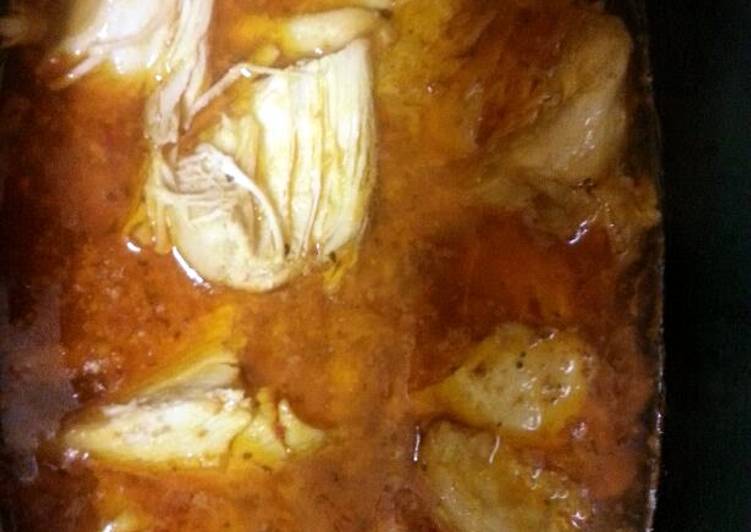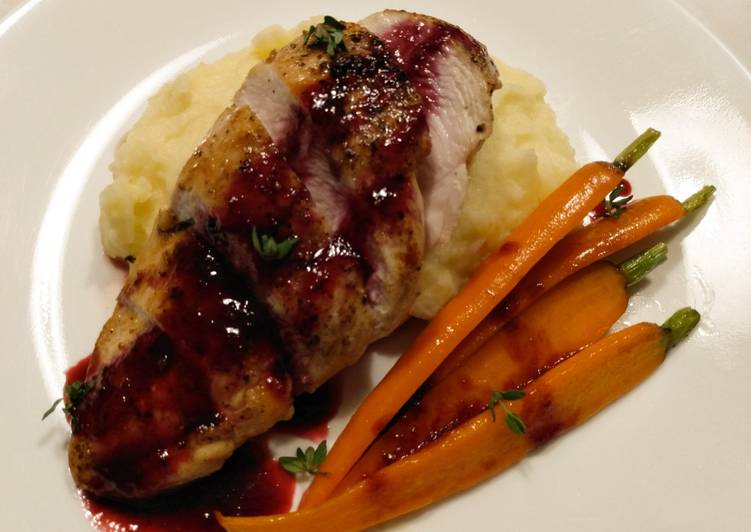
Hey everyone, it’s me again, Dan, welcome to our recipe page. Today, I will show you a way to make a special dish, triple fried japanese chicken. It is one of my favorites food recipes. For mine, I’m gonna make it a bit tasty. This is gonna smell and look delicious.
Triple fried Japanese chicken is one of the most popular of recent trending foods in the world. It’s easy, it’s quick, it tastes delicious. It is appreciated by millions every day. They are fine and they look fantastic. Triple fried Japanese chicken is something which I have loved my whole life.
Kara-age is one of my favourite Japanese recipes, and it can be found on izakaya menus everywhere. A light but flavourful soy-based marinade sits underneath a very light flour coating, which gives the dish its name. Perfect Japanese fried chicken is incredibly easy to make, and the secret is as simple as frying it three times.
To get started with this particular recipe, we must first prepare a few ingredients. You can cook triple fried japanese chicken using 10 ingredients and 4 steps. Here is how you can achieve it.

The ingredients needed to make Triple fried Japanese chicken:
- Take 600 grams chicken thighs skin on
- Make ready 3 tablespoons light soy sauce
- Take 2 tablespoons sake
- Make ready 1 tablespoon grated ginger juice only
- Get 1/2 teaspoon sugar
- Take 3/4 cup potato flour
- Prepare Canola oil for frying
- Take Japanese mayo to serve
- Get Lemon slices to serve
- Take Sichimi togarashi
Stir-fried Chicken with Walla Walla Onions and Hood River PearsFoster Farms. garlic, lite soy sauce, red bell pepper, walla walla onion, Foster Farms chicken breast halves. Rinse the chicken, cut off any excess fat and pat dry with paper towels. Using a sharp knife, score the chicken, especially in fibrous parts of the meat. Use the point of the knife to poke small holes in the chicken.
Instructions to make Triple fried Japanese chicken:
- Cut the chicken into 5cm pieces. Combine the chicken with the soy sauce, sake, ginger juice and sugar and stand for 10 minutes.
- Place the flour in a tray or large bowl. Pull the chicken out of the marinade with chopsticks and drop it into the flour, one piece at a time. Adding the pieces one at a time stops you from pouring in too much of the marinade, and stops the chicken from sticking together. Shake any excess flour from the chicken and place in a tray in a single layer. Allow the floured chicken to stand, uncovered for at least 5 minutes before frying.
- Heat the oil to 180°C in a wide saucepan. Add the chicken to the oil in batches. For each batch, deep fry for 1 minute then remove the chicken to a rack and rest for 30 seconds. Return the chicken back to the oil and fry for 30 seconds, and then rest on a rack again for 30 seconds. Transfer the chicken back into the oil for one last blast of 30 seconds to a minute, and then rest for a two minutes on a wire rack.
- Serve the chicken with a lemon wedge, and a little Japanese mayonnaise scattered with shichimi togarashi (if using).
To approximate the best Japanese chicken — meatier, fattier, and more flavorful than American supermarket meat — buy your chicken from a farmers' market, and debone it yourself or ask a butcher. Crispy Japanese fried chicken wings glazed with a sweet and garlicky glaze. The secrets to making Nagoya-style Tebasaki (手羽先). These Nagoya-style Tebasaki (Japanese chicken wings) have shatteringly crisp skin, coated in a savory-sweet glaze that's redolent of garlic, ginger, and black pepper. Karaage (Japanese Fried Chicken) - Crispy, juicy, and crazy delicious Japanese fried chicken recipe served with miso mayonnaise dip for the best flavors.
So that’s going to wrap this up with this exceptional food triple fried japanese chicken recipe. Thank you very much for reading. I am sure you can make this at home. There’s gonna be more interesting food at home recipes coming up. Don’t forget to save this page on your browser, and share it to your loved ones, friends and colleague. Thanks again for reading. Go on get cooking!

